Plant Your Pants
Wear KENT, the world's first verified compostable underwear.
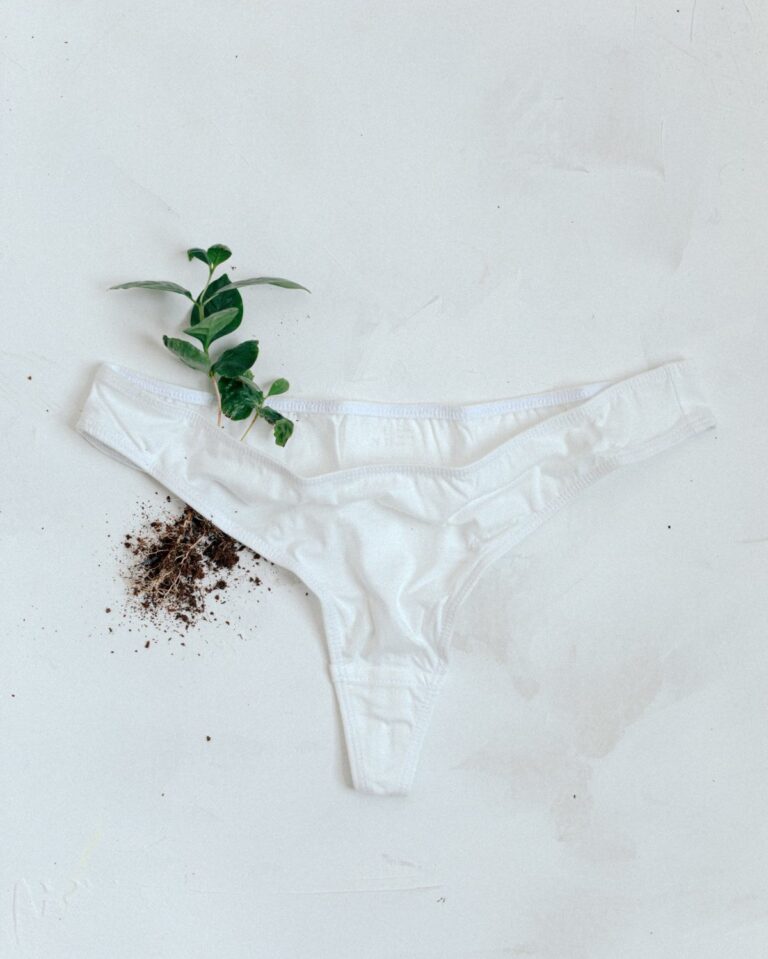
There are very few things as personal as your intimates. Something so personal and close to our skin, underwear is the first piece of clothing you wear daily and the last one to come off. An intimate akin to our second skin shouldn’t be an afterthought — it should feel comfortable, help you feel confident, reflect your style and values while supporting ethics and sustainability.
Underwear has a very short life cycle with constant washing–so what to do with old underwear? While also changing and washing them regularly is damaging to the environment.
Enter KENT–the superhero of underwear– gone are your woes of finding faultless underpants without a compromise till its end of the life cycle. KENT is a super natural basics brand focused on 100% organic, plant-based underwear, the world’s first verified compostable underwear at its end-of-life.
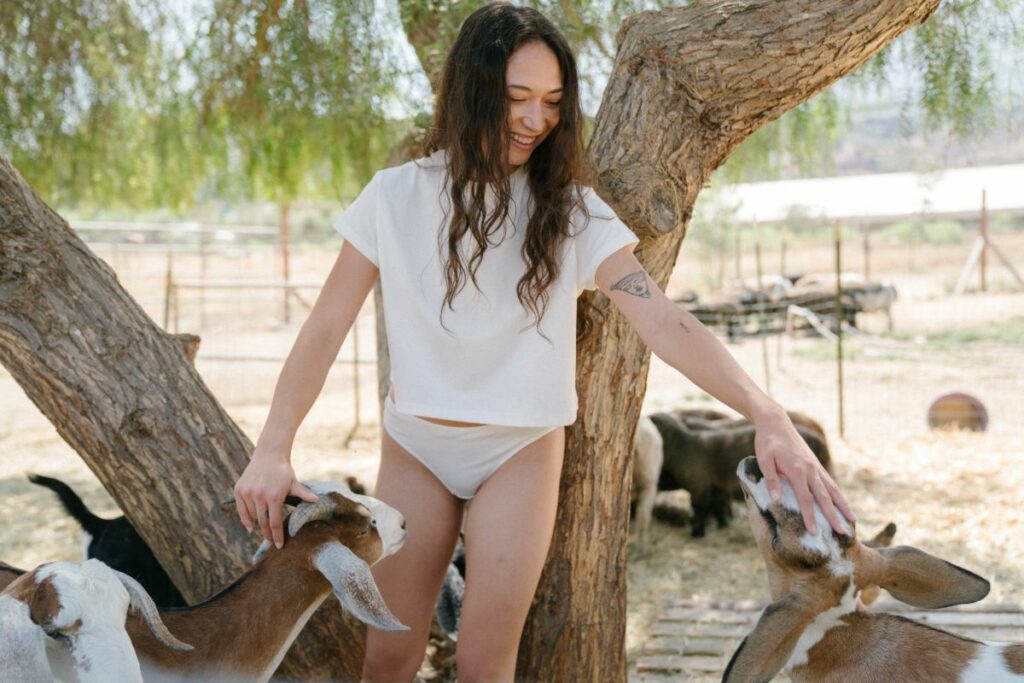



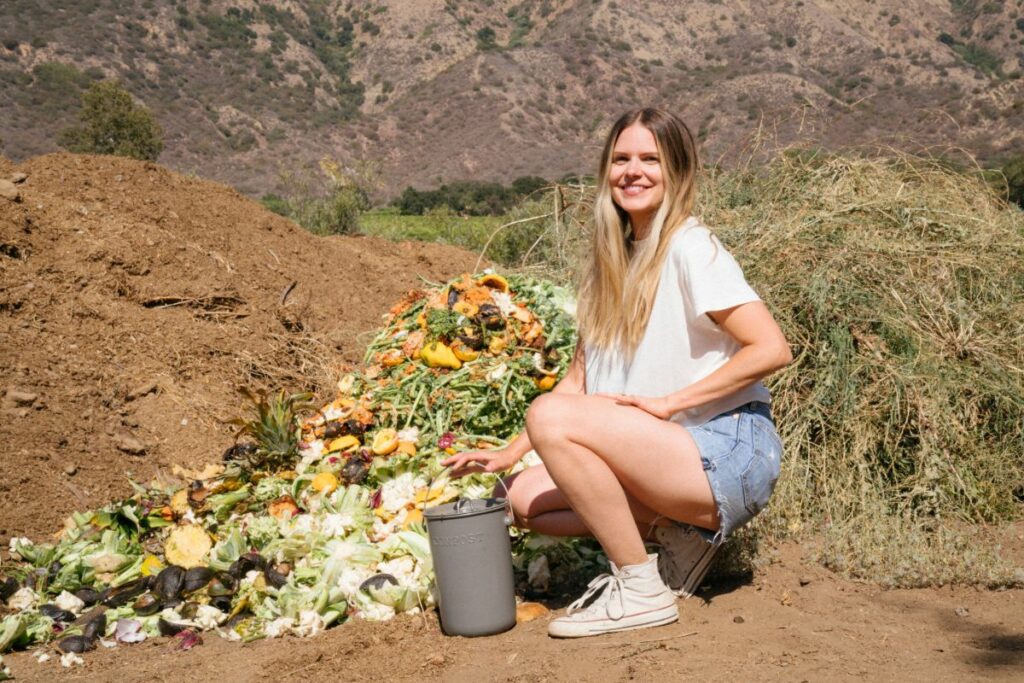
“I believed briefs could be better. So I started KENT to provide elevated everyday underwear that are as gentle on our skin as they are on our planet,” says Grace. She created the super natural essentials she had been searching for–each piece is designed to feel better than before. Impeccable fit. Timeless colours. Extra comfy wear. Ultra airy to keep our bodies (and mother earth!) cool.
Her commitment towards super underwear does not end at producing with natural materials. When they’ve run their course, KENT briefs are 100% compostable – a fashion first. They disappear, returning to earth as a resource in as little as 90 days!
“These are the basics I’ve always wanted, and I hope they’re what everyone else has been looking for, too,” added Grace.

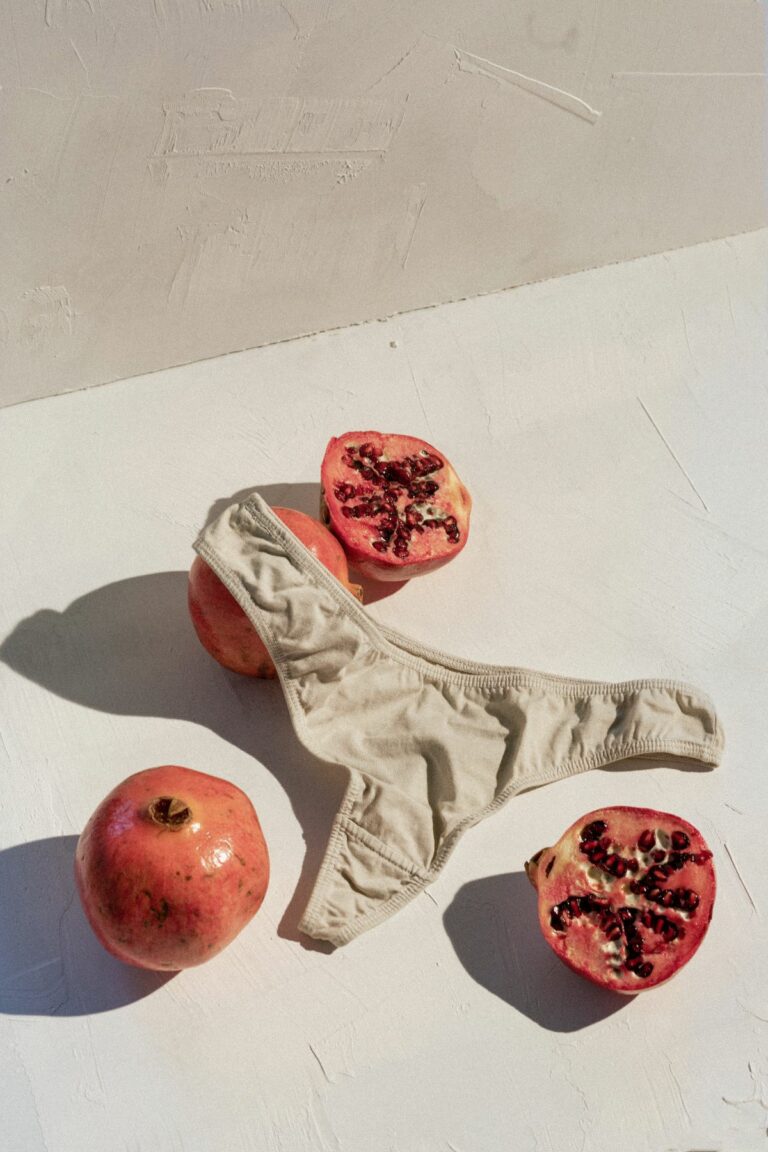



The products are made of the highest quality natural, organic materials–not just organic cotton, but organic Pima cotton. As explained by Grace, grown in Peru, Pima cotton makes up only 2% of the world’s cotton, and organic Pima is even rarer (less than 1%). Its extra-long fibres are twice the length of regular cotton, giving rise to its recognition as the ‘cashmere of cotton.’ “This GOTS-certified material is free of pesticides and traditional toxins found in our underwear, giving your bum the perfect combination of soothing, softness and superior breathability,” she informs.
KENT has partnered with suppliers vetted themselves in-house and by third-party certification bodies including GOTS, USDA Organic, The World Fair Trade Organization and B-Corp to ensure sustainable sourcing. While their organic Pima cotton is sourced from Peru (the only place in the world that creates this material), everything else is sourced locally in the USA.
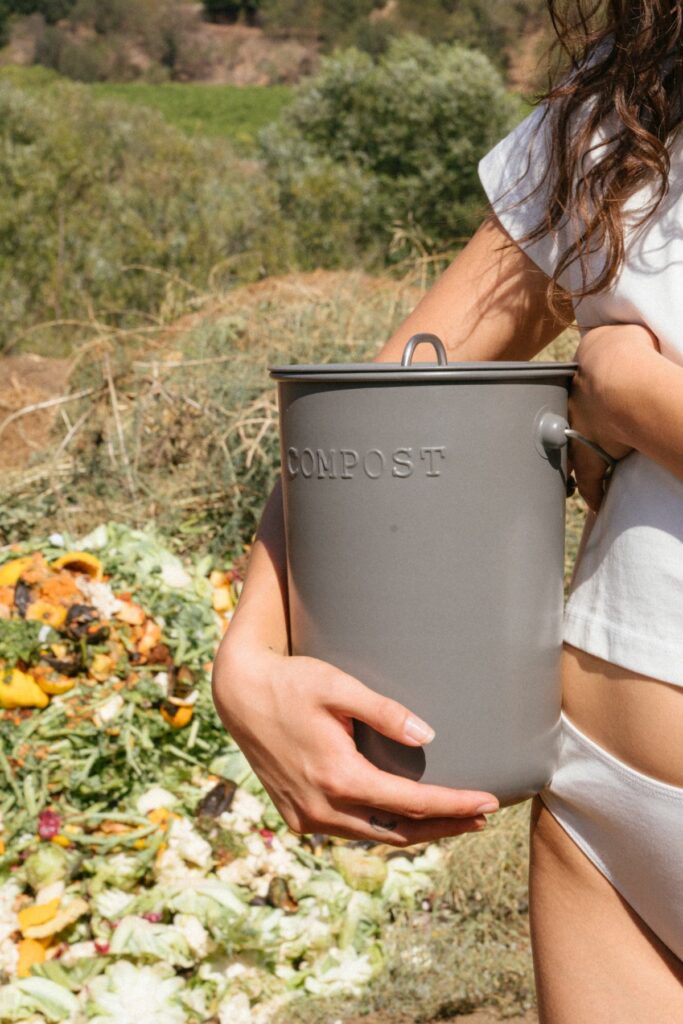


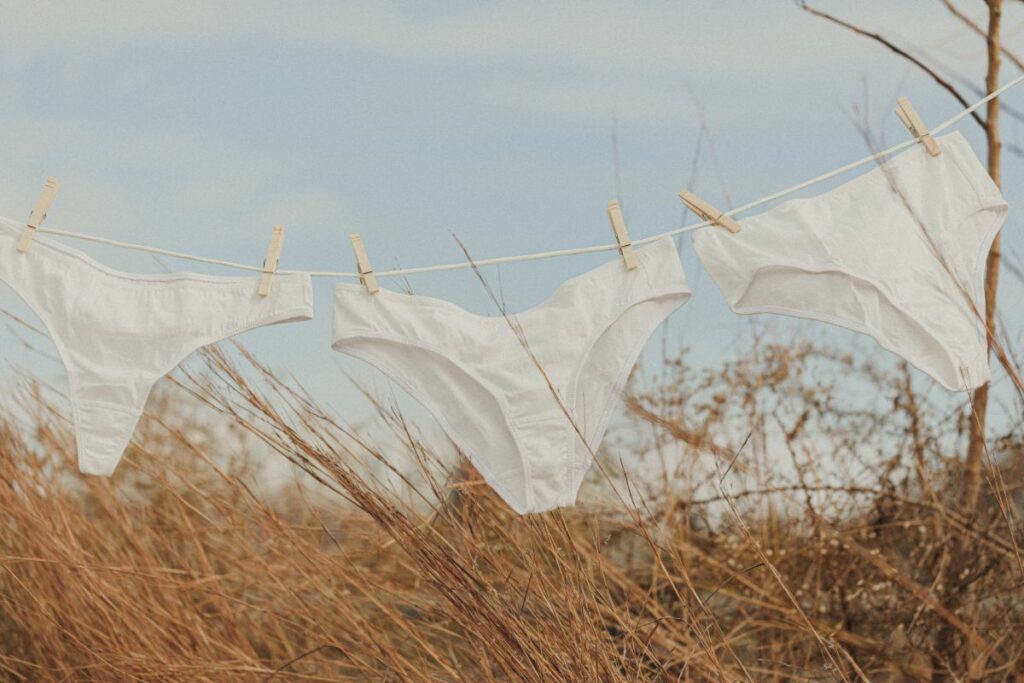

Sustainability is a crucial factor for the label– “Regenerative. Essentially, doing more good, not just less bad,” is the future,












